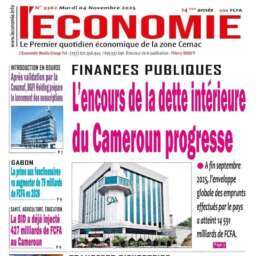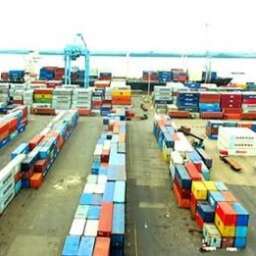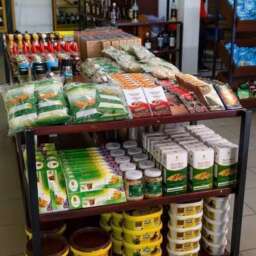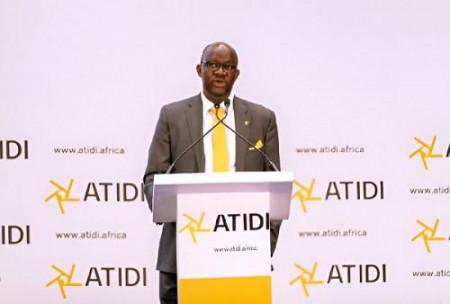(Business in Cameroon) – The African Trade & Investment Development Insurance (ATIDI), a pan-African organization specializing in political and commercial risk insurance for investors in Africa, intends to introduce its offer to guarantee payments for independent power producers in Cameroon. ATIDI officials expressed this interest on May 6, 2025, in Yaoundé, during the official launch of their operations in the country. The launch included a workshop themed “Mitigating risks related to trade and investment in Africa.”
However, the implementation of this guarantee offer is contingent upon a prior agreement between the State, represented by the Ministries of Finance, Water and Energy, and Eneo, Cameroon’s public electric utility. “We hope that this agreement will be signed very soon,” an ATIDI official stated during the workshop.
The signing of this agreement, sources say, will pave the way for the implementation of the Regional Liquidity Support Facility (RLSF) in Cameroon. According to official information, this commercial guarantee is a product established by ATIDI in collaboration with the German development bank KfW and the Norwegian Agency for Development Cooperation (Norad).
Cash Flow Strains
The facility “supports small and mid-scale renewable energy projects with an installed capacity of up to 100 MW by protecting the IPPs against the risk of delayed payments by public offtakers,” according to ATIDI documents. Reliable sources indicate that in Cameroon, this offer could guarantee six to twelve months of payments to independent power producers in case of cash flow issues at Eneo, the company responsible for power generation, transmission, and distribution.
Indeed, due to Eneo’s persistent financial challenges —largely resulting from the non-payment of electricity bills by the State and its subdivisions—Eneo’s arrears to Globeleq totaled 137 billion CFA francs by the end of February 2025. Globeleq is the independent producer managing the gas-fired Kribi plant (216 MW) and the oil-fired Dibamba plant (88 MW).
Under an agreed-upon mechanism, these arrears are automatically and gradually cleared when the State, often responsible for the bills of its subdivisions, pays its own electricity bills to Eneo. The State’s recent inability to meet this commitment has led Globeleq to repeatedly suspend production at its Kribi gas plant, which is generally the most crucial for balancing the country’s electricity supply.
From this perspective, ATIDI’s offer appears as a potential solution to a problem that has become a significant challenge for both the State and the entire electricity sector, which also includes other independent producers such as Scatec. This Norwegian company owns solar power plants with a total installed capacity of 30 MW in Maroua and Guider. Their production has contributed to stabilizing the electricity supply in northern Cameroon in recent years.
Brice R. Mbodiam

































